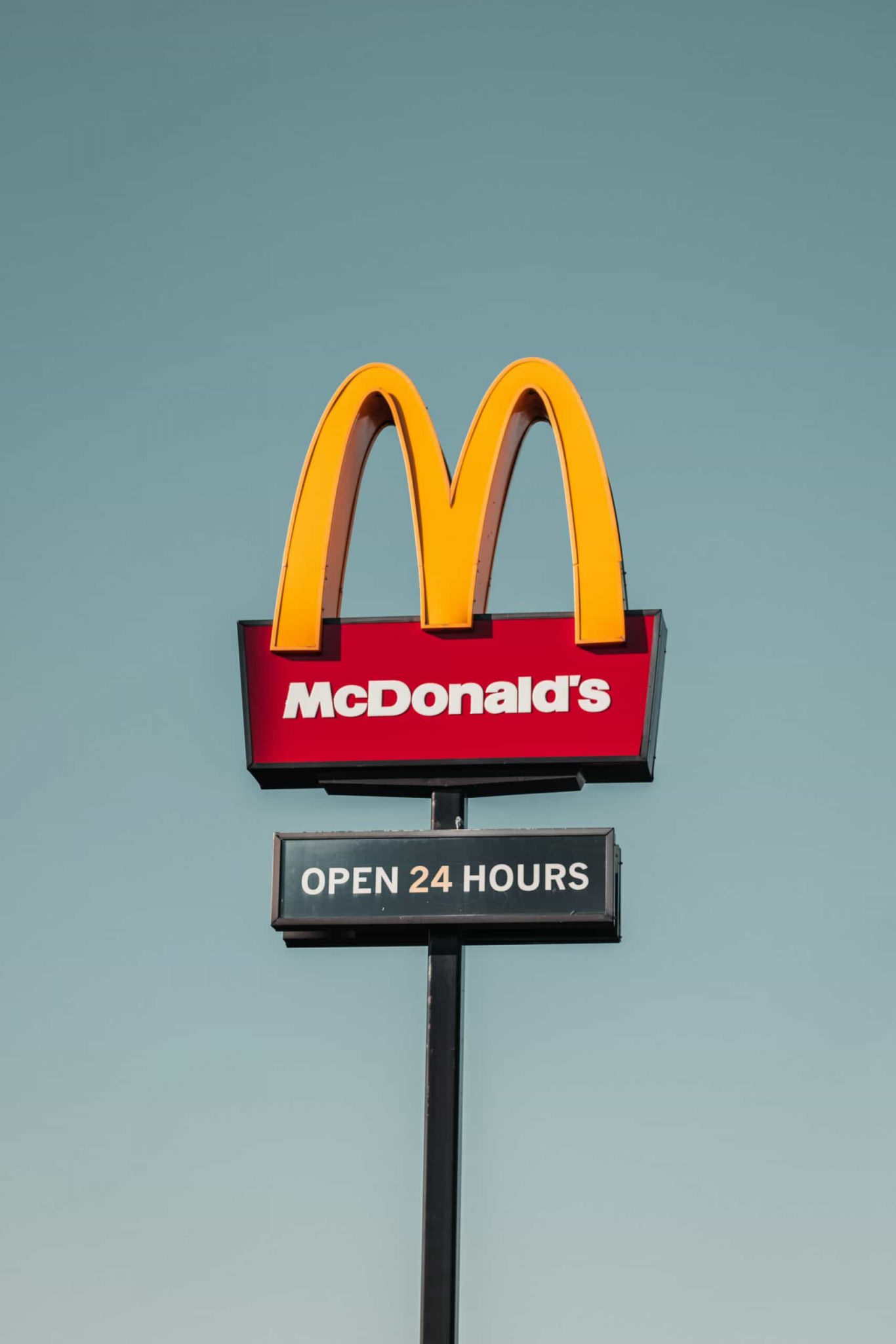
Iman Masmoudi is a student at Harvard Law School.
After an exciting labor day weekend, there is still much good news to celebrate! An article in the Hill pointed out yesterday that this Labor Day weekend was perhaps “the most promising” for unions in many years, because of very high public support, dynamic grassroots organizing campaigns at several massive corporations, and a President who “wants to be remembered as the most pro-union President in history.”
This positive outlook did not appear unfounded this weekend as yesterday, Governor Newsom of California signed the Fast Food Accountability and Standards Recovery Act. The bill creates a council across California’s Fast Food industry composed of industry members and union representatives who will negotiate directly over wages, health & safety, and other benefits. Many have celebrated the bill as “the most significant legislation since the New Deal to bring sectoral bargaining to scale in a major private-sector industry.” The United States’ labor playing field has traditionally been organized at the individual franchise or store level, but for fast food workers in particularly, this has meant little bargaining power, even when an individual store does manage to organize. Sectoral bargaining assuages this issue and is an exciting development in US labor law.
Finally, the Washington Post reported yesterday that thousands of cafeteria workers across Google’s “campuses” have unionized over the past two years to hopefully address low wages and poor health care benefits. This has happened “quietly” in the report’s words, because these workers are often employed by contractors brought in by Google to staff its campuses, and Google has reportedly maintained a “neutral” position towards their unionization. It also shows an increase in the geographic disbursement of unionization, traditionally a coastal privilege, into Southern states like Georgia.






Daily News & Commentary
Start your day with our roundup of the latest labor developments. See all
June 30
Antidiscrimination scholars question McDonnell Douglas, George Washington University Hospital bargained in bad faith, and NY regulators defend LPA dispensary law.
June 29
In today’s news and commentary, Trump v. CASA restricts nationwide injunctions, a preliminary injunction continues to stop DOL from shutting down Job Corps, and the minimum wage is set to rise in multiple cities and states. On Friday, the Supreme Court held in Trump v. CASA that universal injunctions “likely exceed the equitable authority that […]
June 27
Labor's role in Zohran Mamdani's victory; DHS funding amendment aims to expand guest worker programs; COSELL submission deadline rapidly approaching
June 26
A district judge issues a preliminary injunction blocking agencies from implementing Trump’s executive order eliminating collective bargaining for federal workers; workers organize for the reinstatement of two doctors who were put on administrative leave after union activity; and Lamont vetoes unemployment benefits for striking workers.
June 25
Some circuits show less deference to NLRB; 3d Cir. affirms return to broader concerted activity definition; changes to federal workforce excluded from One Big Beautiful Bill.
June 24
In today’s news and commentary, the DOL proposes new wage and hour rules, Ford warns of EV battery manufacturing trouble, and California reaches an agreement to delay an in-person work mandate for state employees. The Trump Administration’s Department of Labor has advanced a series of proposals to update federal wage and hour rules. First, the […]